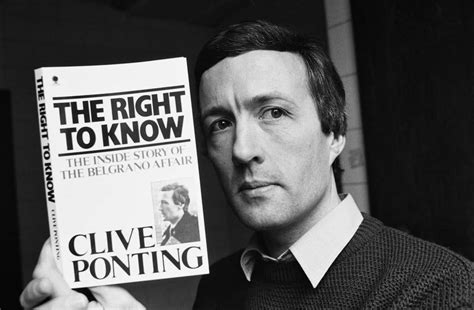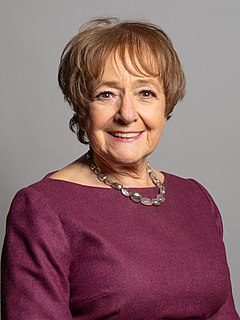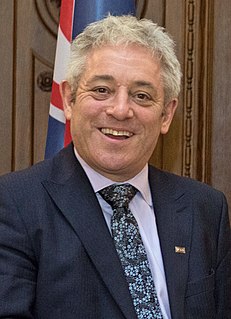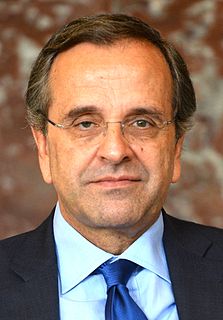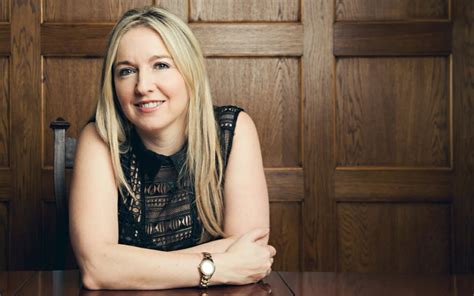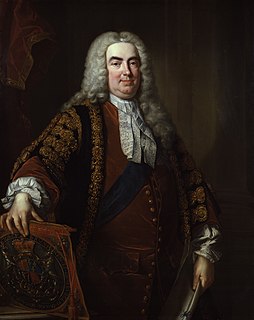A Quote by Jo Swinson
One of the initiatives I have pursued in Parliament has been to make it easier for the public to see what their MPs do in the House of Commons by removing the ban on Parliamentary filming appearing on YouTube or similar web sites.
Related Quotes
I would not understand when people will tell me that 'Tum hi ho' has got more than 1 million views on YouTube. I was like, 'How does it make a difference?' Later, I would go to YouTube and see songs of Rihanna, Enrique etc. and would see their hits. Then I came to know the importance. Nowadays, you can judge from these sites how big is a sing.
The House of Commons has the undoubted rights to expel members for misconduct. This is an absolute authority which cannot be challenged in any court, as it derives from the twin concept of the High Court of Parliament being the most senior court in the land and of each House's right to regulate its own affairs.




